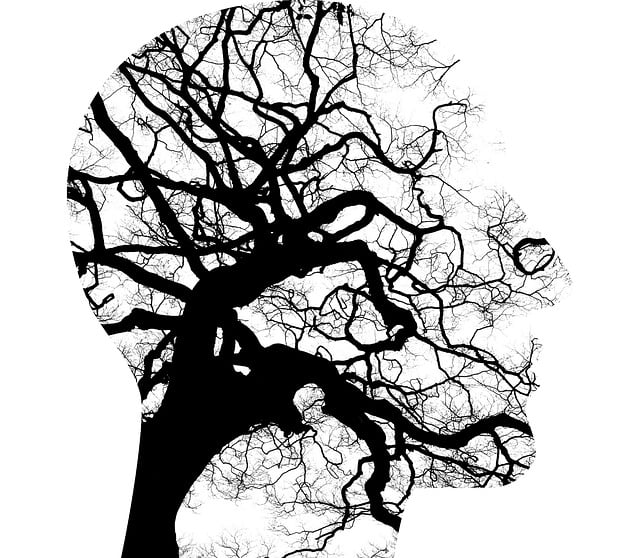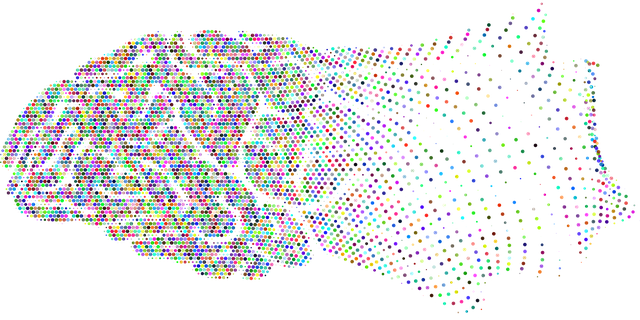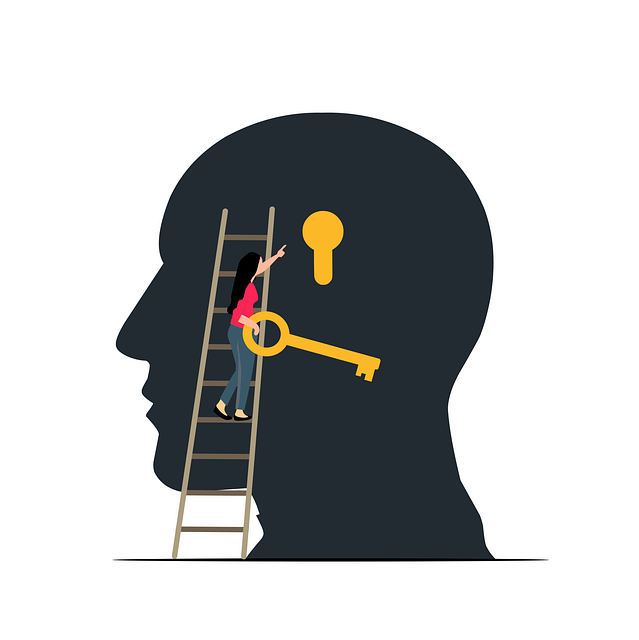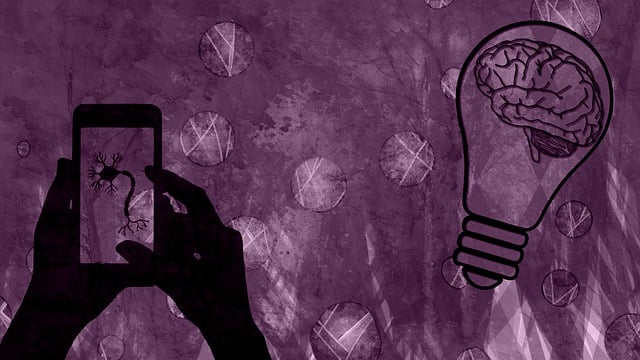Specialized mental wellness apps are revolutionizing access to care for young adults who have experienced sexual abuse, offering a discrete, convenient, and affordable alternative to traditional therapy. These apps incorporate features like inner strength development and mindfulness meditation to empower users in their healing journey, addressing unique challenges such as stigma or lack of personal connections. Effective app development requires a nuanced approach, integrating self-care routines and ensuring healthcare provider cultural competency. Prioritizing privacy, safety, and support through robust encryption and tailored features is crucial, while public awareness campaigns can foster a compassionate digital space for therapy access and effectiveness among sexual abuse survivors.
In today’s digital age, mental wellness app development offers a promising avenue for supporting individuals, particularly young adult survivors of sexual abuse. With a growing recognition of the unique challenges they face, specialized apps are emerging as game-changers in therapy. This article explores the imperative need for such applications, delving into effective design strategies and addressing critical considerations like privacy and safety to create secure digital spaces fostering healing. From understanding user needs to implementing tailored features, we navigate the key elements shaping the future of therapeutic interventions for young adults surviving sexual abuse.
- Understanding the Need for Specialized Mental Wellness Apps
- Designing Effective Therapy Features for Young Adult Survivors of Sexual Abuse
- Privacy, Safety, and Support: Ensuring a Therapeutic Environment in Digital Space
Understanding the Need for Specialized Mental Wellness Apps

In today’s digital age, the demand for accessible and specialized mental wellness solutions is more pronounced than ever, especially within vulnerable populations such as young adults who have experienced sexual abuse. Traditional therapy methods often require significant resources and personal connections, which can be challenging for many survivors to access. This is where specialized mental wellness apps step in as a game-changer. These applications offer a discreet, convenient, and affordable alternative, catering specifically to the unique needs of this demographic.
The need for such apps is evident when considering the impact of sexual abuse on young adults’ mental health. Survivors often grapple with complex emotions, trauma, and low self-esteem, which can be effectively addressed through tailored digital interventions. Apps designed for inner strength development, mindfulness meditation, and mental health education programs can empower individuals to take control of their healing journey. By incorporating evidence-based practices and interactive tools, these apps offer a supportive space for users to build resilience, process trauma, and cultivate healthy coping mechanisms.
Designing Effective Therapy Features for Young Adult Survivors of Sexual Abuse

Developing effective therapy features tailored to young adult survivors of sexual abuse requires a nuanced approach that addresses their unique needs and challenges. These individuals often face complex emotional trauma, requiring specialized support. One key aspect is incorporating self-care routines within the app to foster better mental health. This can include guided mindfulness exercises or meditation practices specifically designed to help users process and manage their experiences.
Additionally, providing a safe space for expression through mental wellness journaling exercises can be immensely beneficial. App developers should offer guidance on journaling prompts relevant to sexual abuse survivors’ experiences, enabling them to explore and validate their emotions in a structured yet personal manner. Healthcare provider cultural competency training is also essential to ensure that therapists or counselors within the app are equipped to handle these sensitive cases with empathy and understanding.
Privacy, Safety, and Support: Ensuring a Therapeutic Environment in Digital Space

In the realm of mental wellness app development, creating a secure and supportive digital environment is paramount, especially when catering to vulnerable populations such as young adults who have experienced sexual abuse. Privacy, safety, and support are foundational elements that ensure therapeutic benefits in this sensitive context. Apps designed for these survivors must prioritize data protection, employing robust encryption and secure storage practices to safeguard personal and intimate details shared during therapy sessions.
Beyond privacy, the integration of evidence-based practices like mindfulness meditation can significantly enhance emotional healing processes. By incorporating features tailored to the unique needs of sexual abuse survivors, apps can offer discrete, accessible tools for managing trauma responses. Public awareness campaigns development around mental health issues faced by young adults can also foster a sense of community and encourage users to seek support, ultimately contributing to a more compassionate digital space where therapy is both available and effective.
The development of mental wellness apps, especially tailored for young adult survivors of sexual abuse, is a significant step towards providing accessible and personalized therapy. By integrating therapeutic features into digital platforms, we can reach a wider audience and offer much-needed support. With a focus on privacy, safety, and fostering a sense of community, these apps have the potential to revolutionize mental health care, ensuring that survivors receive the help they deserve in a secure online environment. This innovative approach allows for discrete access to resources and professional guidance, empowering young adults on their journey towards healing.













